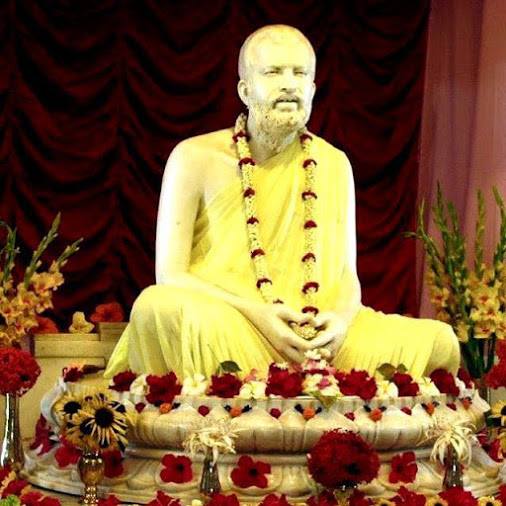The Successive Manifestation of the Soul-Power Characterized by Harmony and Mutuality - Sri Aurobindo
17/12/2017
1.
The heights of knowledge, and the force of will in effective action are not themselves the complete powers of manifestation in the Divine creation. There must also be a power that can balance, harmonize and create an effective flow of energy to support the entire manifestation. Those who embody this representation of the soul-force tend to be practical and able to interface within the social framework effectively. They do not devise the higher principles of action, but work to implement them. They do not exercise the mastery of will of the man of power, but they work to create balance and mutuality. They represent a somewhat balanced blending of the three Gunas of Sattwa, Rajas and Tamas and characteristics of each can be found in their action. They can be cunning in their intelligence, and yet, it is limited by the framework of their field of action. They can be grasping and greedy, while at the same time charitable and supportive of other needs to maintain an overall harmony.
2.
Sri Aurobindo observes: “This nature is accompanied at the normal level of its fullness by a general temperament which is at once grasping and generous, prone to amass and treasure, to enjoy, show and use, bent upon efficient exploitation of the world or its surroundings, but well capable too of practical philanthropy, humanity, ordered benevolence, orderly and ethical by rule but without any high distinction of the finer ethical spirit, a mind of the middle levels, not straining towards the heights, not great to break and create noble moulds of life, but marked by capacity, adaptation and measure.
The powers, limitations and perversions of this type are familiar to us on a large scale, because this is the very spirit which has made our modern commercial and industrial civilisation.”
3.
The powers represented by this type are essential as noted by Sri Aurobindo when he indicates that these powers are necessary “… to the wholeness of existence, equal mutuality and the exchange of soul with soul and life with life. Its powers are, first, a skill,…, which fashions and obeys law, recognises the use and limits of relations, adapts itself to settled and developing movements, produces and perfects the outer technique of creation and action and life, assures possession and proceeds from possession to growth, is watchful over order and careful in progress and makes the most of the material of existence and its means and ends; then a power of self-spending skilful in lavishness and skilful in economy, which recognises the great law of interchange and amasses in order to throw out in a large return, increasing the currents of interchange and the fruitfulness of existence; a power of giving and ample creative liberality, mutual helpfulness and utility to others which becomes the source in an open soul of just beneficence, humanitarianism, altruism of a practical kind; finally, a power of enjoyment, a productive, possessive, active opulence luxurious of the prolific Ananda of existence. A largeness of mutuality, a generous fullness of the relations of life, a lavish self-spending and return and ample interchange between existence and existence, a full enjoyment and use of the rhythm and balance of fruitful and productive life are the perfection of those who have this Swabhava and follow this Dharma.”
***





Comments
Post a Comment